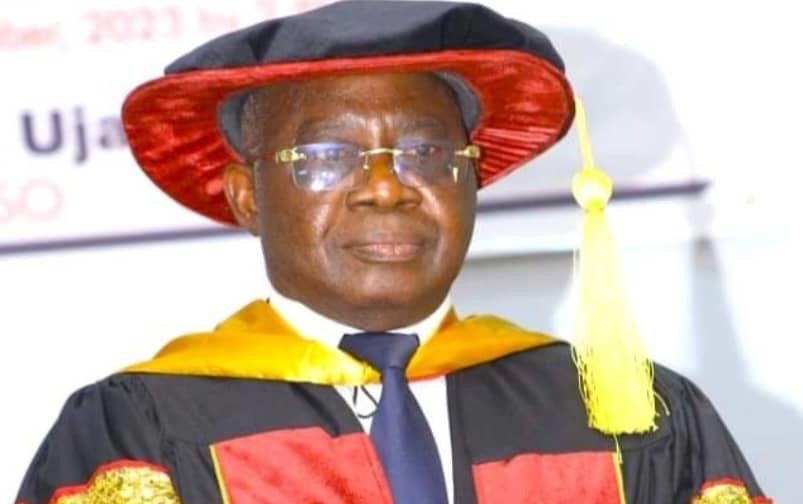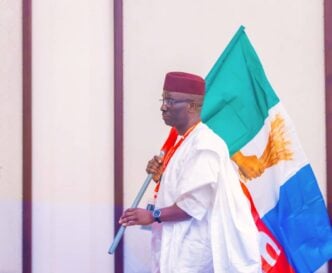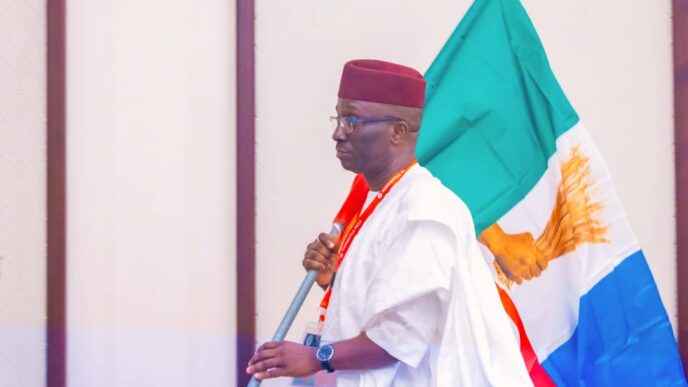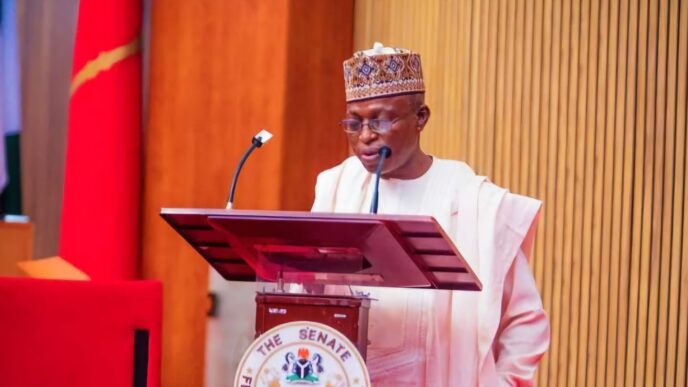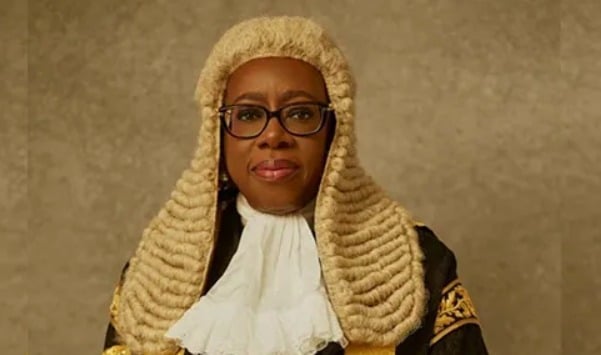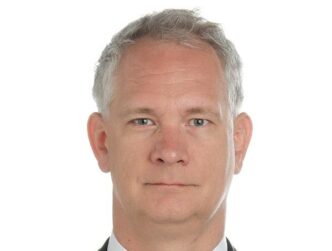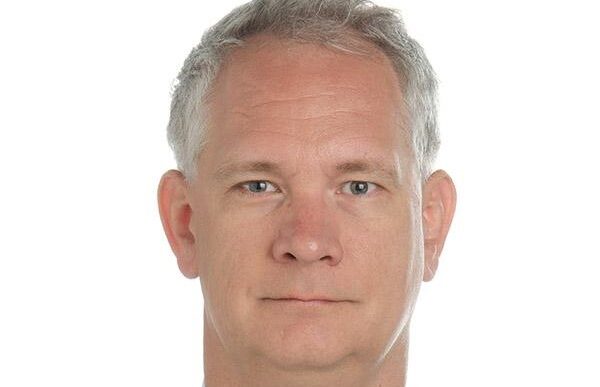Innocent Ujah, FUHSO VC
Innocent Ujah was appointed as the pioneer vice-chancellor of the Federal University of Health Sciences, Otukpo, Benue state, in 2020, by former President Muhammadu Buhari. His tenure ended on Wednesday, having served for five years.
In this interview with TheCable’s SAMUEL AKPAN, Ujah shared the experiences and challenges he faced as the first VC of the institution. He also spoke about his suspension by the university governing council — “without a fair hearing” and the subsequent reversal of the suspension by the ministry of education.
TheCable: How was the journey as the pioneer VC of the university?
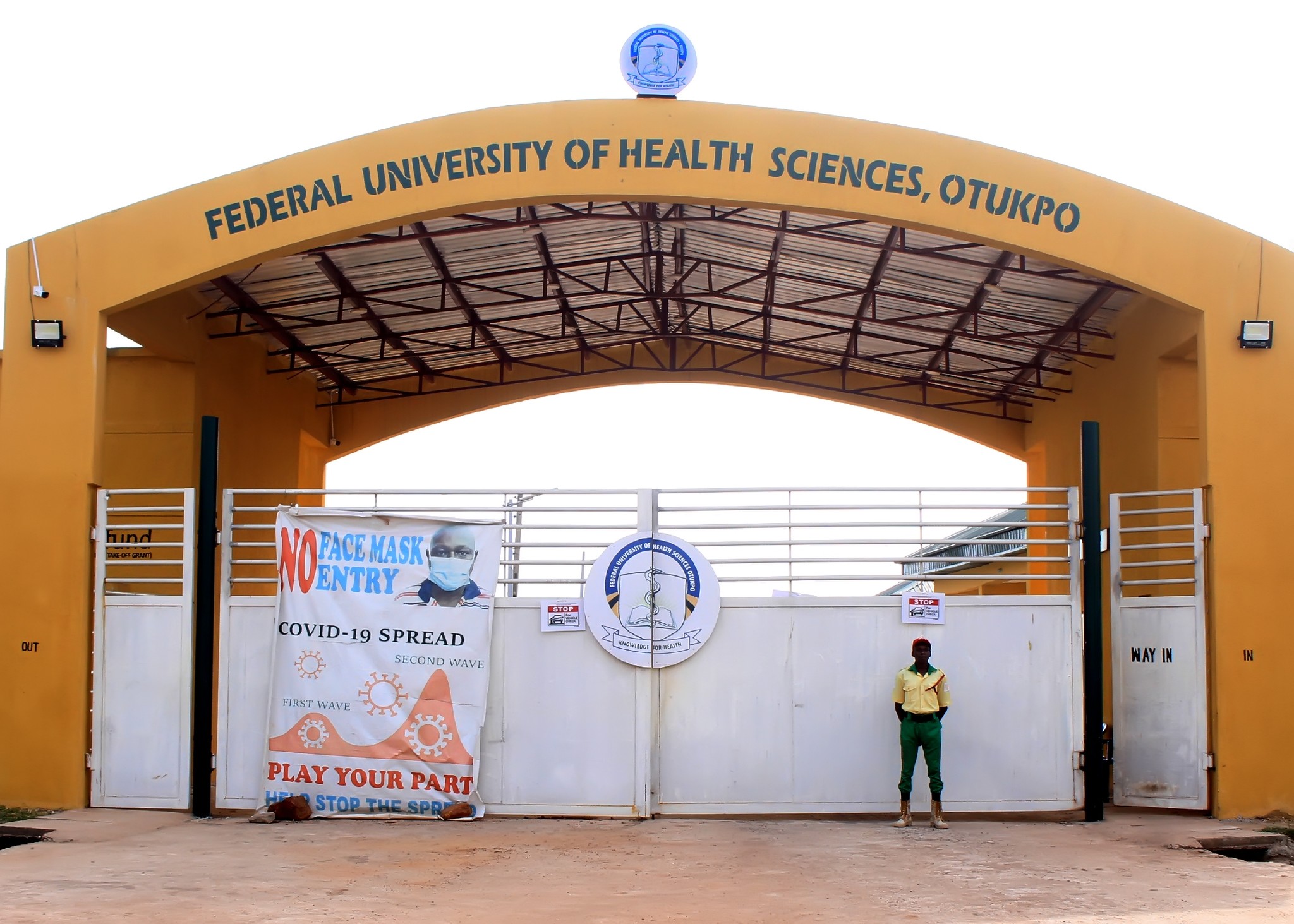
Advertisement
Ujah: We initially started working from small cubicles. We requested and received three rooms in the NUC and that was where we began functioning. We stayed there for six months. After that, I said no, we must move to the site where the university is established. I felt this would help us better understand the challenges and plan effectively for our future.
Within one year, many of the essential structures were put in place, and we were able to start admissions. In summary, after four years, we have had four admission intakes at the university.
Initially, people thought it was be impossible. It is a medical university. Therefore, the academic brief and objective were clear: To train doctors and other healthcare professionals to meet Nigeria’s demands. We started from the scratch. There was nothing on the ground. No prior infrastructure. We advertised and recruited some staff, both academic and non-academic.
Advertisement
TheCable: How challenging was it?
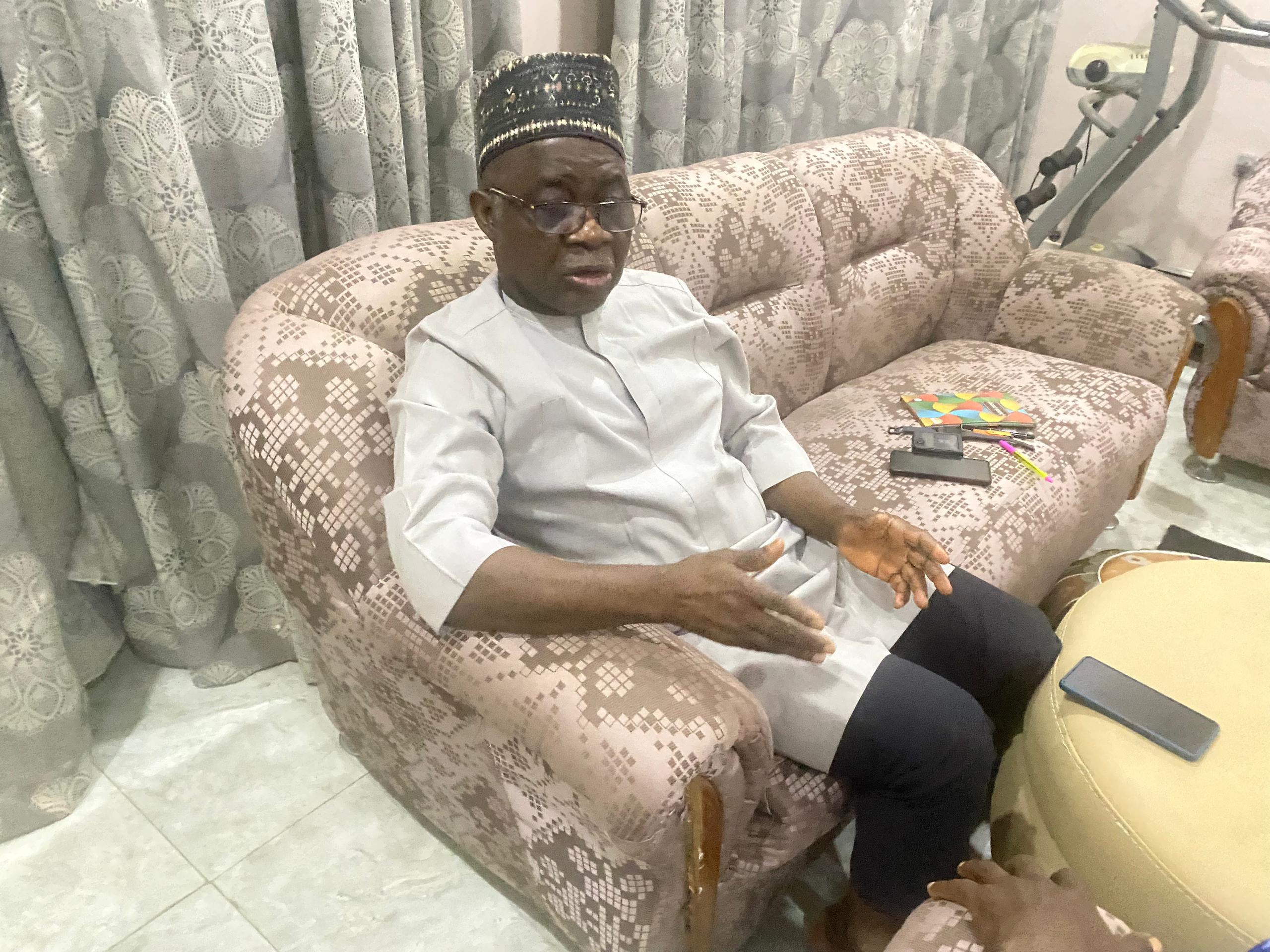
Ujah: It was very challenging. When we released the advertisement, we received over 28,000 applications for the 350 positions allocated to us by the head of service. It was indeed challenging. However, we were specially focused on recruiting qualified academic staff.
The non-academic staff pool was overwhelming as well, given the various administrative needs in the university — bursary, registry, procurement, audit, health services, and so forth. We eventually built up the necessary departments and admitted our first batch of students. There were no interruptions in academics. Even when ASUU went on strike for eight months, we were unaffected because we had no union presence. All new universities operate under a moratorium, meaning no union activities — no student union, no staff union, whether ASUU or NASU. This allowed us to continue with academic activities uninterrupted.
There were a lot of challenges, no doubt about that. But we were committed and determined to succeed. My administration stayed focused on making this institution a centre of excellence for healthcare education. We envisioned, and still aim to maintain a world-class university of health sciences in Nigeria.
Advertisement
TheCable: You must have set specific goals. Now that you’re finishing, how well have you achieved those goals?
Ujah: The truth is that in an institution, there’s continuity. One of the things we did was to avoid staying at temporary sites for too long. Many universities started at temporary sites and then got stuck there, like mud. For instance, the University of Jos, where I am a substantive professor and lecturer, remained at its temporary site for 40 years. So, we didn’t want that. We started planning early enough because, by 2015, when the university was first established, we had already secured a place — 600 hectares of land in Apa.
What we needed to do was to see how we could start developing it. We engaged consultants who produced beautiful designs. The college of medicine, for which this university was established, was designed to be a gigantic, iconic structure because it should serve as a model. As a gynaecologist and medical doctor, I understood that the college of medicine would be the heart of the university. So, the college of medicine at the Federal University of Health Sciences stands out in terms of structural design and significance. Then, we also looked at the central administration building, which houses the senate. We also looked at the faculty of science.
For student accommodations, we needed hostels because the permanent site is about a 15-minute drive from Otukpo. We also needed quarters for some principal officers. So, those were our initial plans. Water is a major problem in Otukpo. Unfortunately, the dam that was started has not been completed. We looked at all these areas. As I speak, the buildings for the college of medicine, the administrative block, the faculty of science, student hostels, and some quarters for principal officers are all at various stages of completion. We must remain grateful to TETFund.
Advertisement
I have always said that without TETFund, there would be no tertiary education in Nigeria. I have yet to hear of anyone who disagrees because TETFund has been instrumental in sustaining tertiary institutions, particularly in terms of infrastructure. Over the years, TETFund’s support has expanded beyond buildings to include ICT, innovation, and research. We were fortunate to have committed lecturers and researchers and within our first year, we secured a major grant for studying Lassa fever, which is a serious issue not only in the north-central region but also in Nigeria at large. That research is ongoing.
In addition to the mega grant, we received the institutional-based research grant, which all universities get to help train younger staff in research proposal writing and conducting research. In our first year, we submitted 27 research proposals, and all 27 were approved and funded by TETFund. I served as the principal investigator, even while serving as vice-chancellor. I completed my own project and published my findings, and others are also publishing their work in reputable journals. The truth is that being a pioneer is not easy; the challenges are numerous and heavy. Yet, I was determined to succeed, knowing that education is a driver of development. With all the obstacles and challenges, I was not discouraged. I continued to hope for the best, and I believe that we made significant progress.
Advertisement
Employment was an issue. One of the major challenges I faced was the perception that the Federal University of Health Sciences is an “Idoma University”, meaning that everyone from Idoma should be employed. I told them, no.
TheCable: Early this year, there was a protest. The protesters claimed that the university was neglecting the host community. Has the issue been resolved?
Advertisement
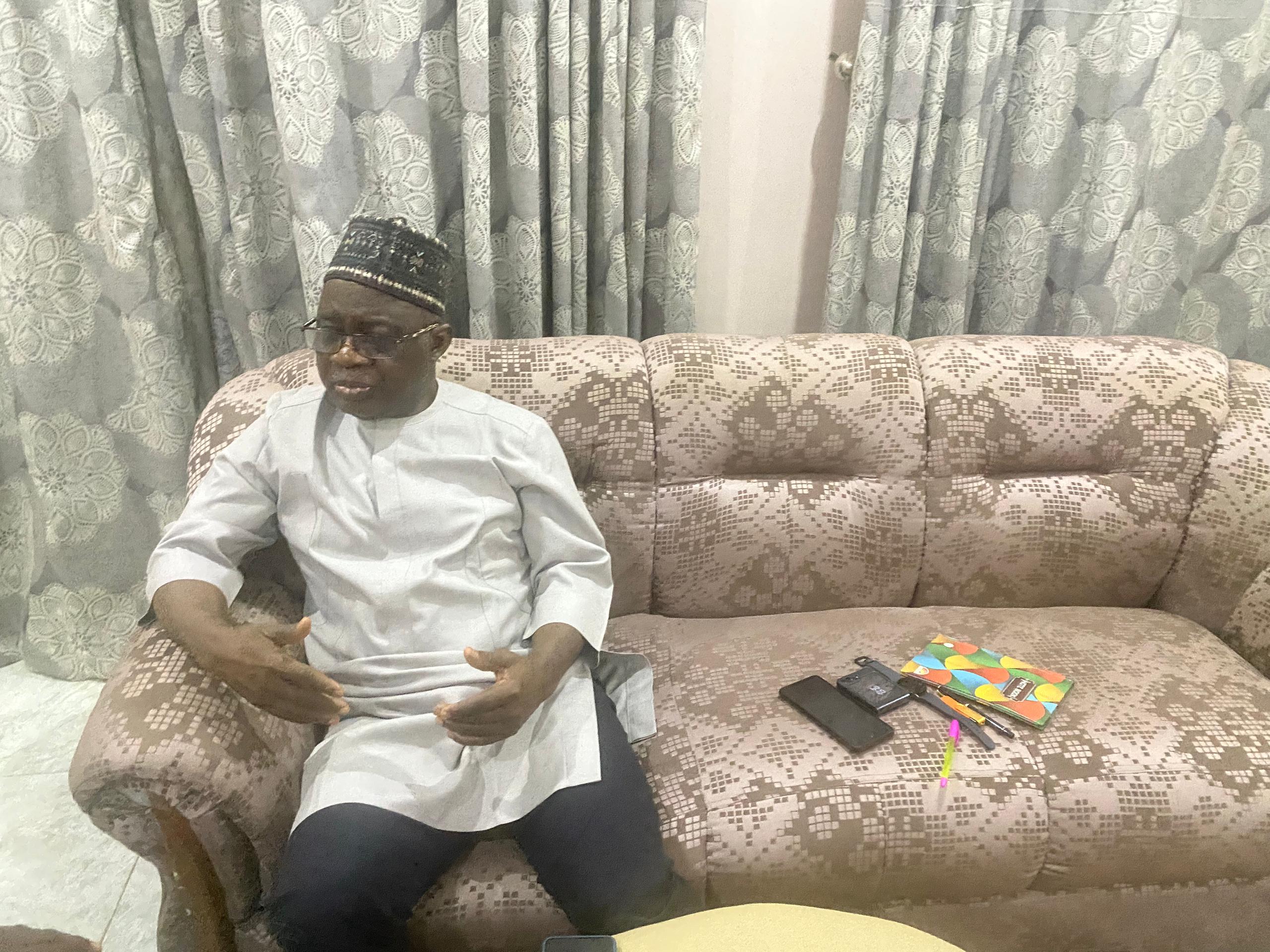
Ujah: No, it was due to greed and a sense of entitlement. They aren’t entitled to these positions. We advertised the positions, and if you are qualified, we consider you, regardless of where you come from. They felt — and incorrectly so — that because the university is located in Otukpo, it somehow belongs to Otukpo district. But that’s not true. We have 22 districts in Idoma land, and it doesn’t even belong specifically to Idoma. It doesn’t belong to any one place. It is a federal university.
Advertisement
So, it is clear that they were misguided, and it is unfortunate. Given the recent events, this entitlement mentality is likely to create big problems, with a negative impact on the university. I started this university with a lot of hope and aspiration. But some people felt entitled. While anyone can feel entitled, that doesn’t make it a reality, and it’s a very dangerous mentality. I don’t operate on entitlement. I operate on excellence. Meritocracy is my hallmark.
If you visit and interview the students, you will see we are the best. Our post-UTME process is conducted on a one-on-one basis, not through written exams. We interview each applicant. We assess their disposition. If someone is poorly dressed, we tell them to leave and come back properly dressed, because we are training doctors. If you come with jheri curls, we say no. In our university, no student will tell you that they bribed someone to get admission. I said that would not happen under my administration — not even for employment.
We started with nine programmes: medicine, microbiology, biochemistry, biostatistics, computer science, physics, chemistry, biology, and, as I mentioned, microbiology and computer science. We also applied to the NUC and received permission to introduce additional programmes like pharmacy, medical laboratory science, nursing, nutrition and dietetics. This would increase the number of programmes to about 13. However, we’re still in the process, as we need to put everything in place before NUC comes for the verification exercise. As far as standards are concerned, we have maintained a high level of quality and integrity. It is not just about the standard but about integrity. I will not preside over an institution where people engage in bribery, shortcuts, or the sale of handouts.
One major challenge we face is that some of our staff have been working for two years without pay, which is a very big issue. Even though the federal government, last December, said they were removing us from IPPIS, the implementation has been dangerously slow, and that has truly reduced staff morale. It dampens their morale and demotivates them. It is a serious challenge for me, and I’m not happy that people are working without support because they need to be paid. This is quite unfortunate, but we hope that this issue will be resolved, even after I am gone.
TheCable: What is your opinion on the education ministry’s policy of setting 18 years as the minimum age for admission into tertiary institutions? Do you support it?
Ujah: I’m a medical doctor. To read medicine, you must be physically and mentally mature. That is why in America, you have to complete an undergraduate course before going on to study medicine, as it helps develop a level of maturity. You know, a university is supposed to be a place where people have the freedom to explore. Many young people don’t even know where they should be. I used to know 17 years as the minimum age for university admission. The aim, actually, is to protect the students.
The purpose is to protect young students because they are still impressionable. That’s why there is a lot of cultism and miscreants. Some young students arrive without understanding the university system and can easily be misled by older students. So, in my opinion, I believe students should be mature, and 18 years is the age of maturity, particularly for medicine. You must be mentally and physically mature for medicine.
TheCable: That’s true for medicine and I agree with you on maturity for studying medicine. But what about other disciplines?
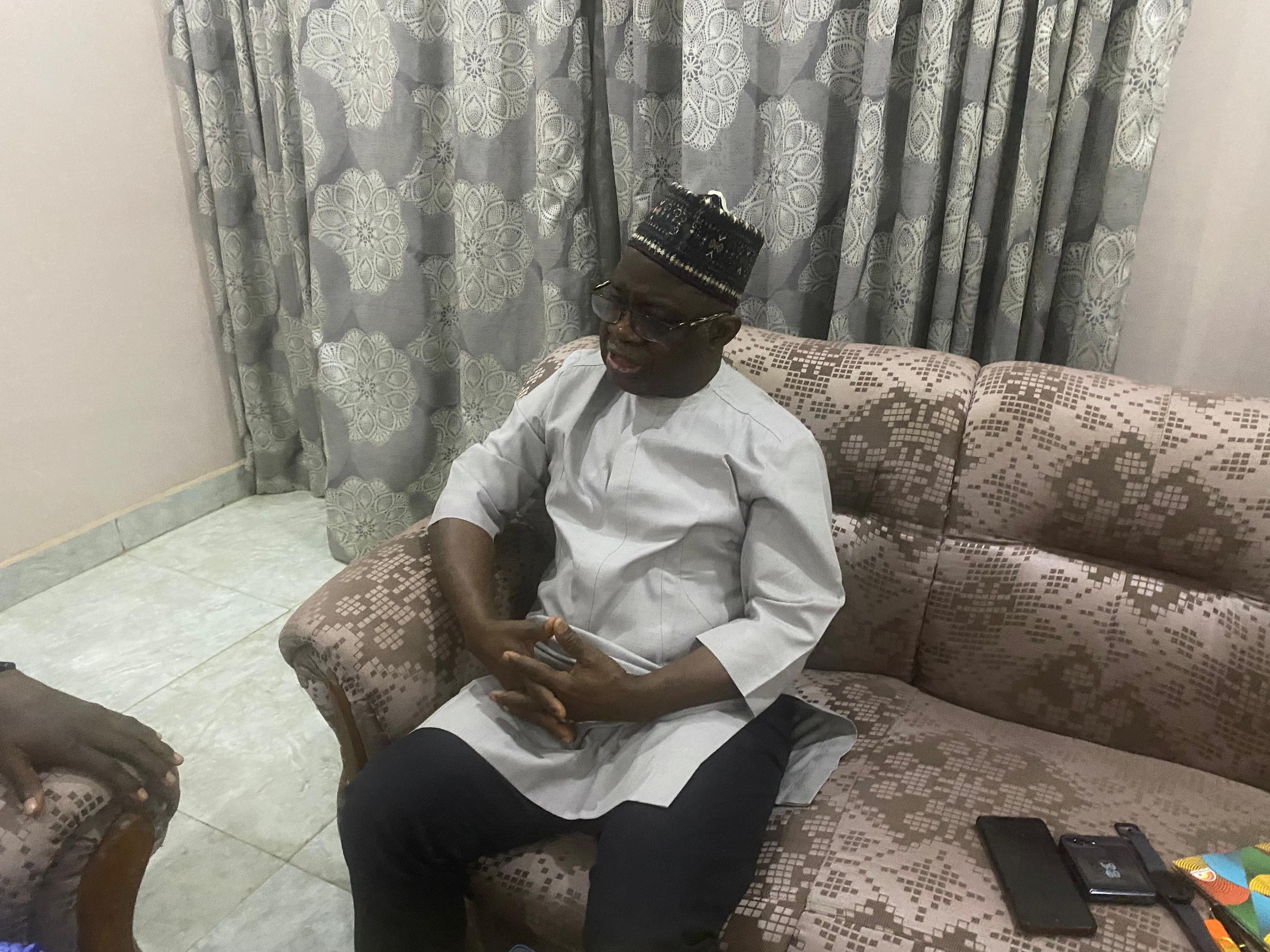
Ujah: Well, in my opinion, what’s the rush? What is anyone rushing for? If the age is set at 18, for a four-year course, you graduate by 21 under normal circumstances. What I mean is that there is a system to this. For example, we discussed it with the ministry. The idea, as explained by the minister, is that by the time you finish secondary education under this system, you are around 18 years old before entering university.
I don’t subscribe to people entering university too early because it is an environment that can be challenging, given the social circumstances. Some students may struggle, and while it’s not possible to know exactly who will be affected, the idea is to protect the majority. And if that means setting the age at 18, then why not? There’s nothing sacrosanct about 18 anyway, so why not say 15?
TheCable: Exactly. Some argue that even at 18, some students aren’t as mature as expected. So why the cap when there are smart, mature students below 18?
Ujah: Yes, but consider that our voting age here is 18. Why is it set at 18 for voting? Why does anyone need to be 18? No one questions that. Why is it that our voting age is 18 years? So, if what’s good for the goose is good for the gander, if the voting age is 18, what’s wrong with saying students should also be 18 before going to university?
These are some policy inconsistencies, probably not backed by grounded research. Because, you know, as a university, we should conduct research on such topics. For instance, when I was at the University of Jos, I investigated the correlation between school certificate scores and JAMB performance to understand how these predict student success. It is also true that students may start off well but other circumstances may affect his or her performance. Some students may start slowly, and as they mature, they improve.
TheCable: Last month, you were suspended by the governing council over alleged gross misconduct. That suspension has been quashed by the ministry of education. What actually happened?
Ujah: I don’t know. It was a surprise to me. When they met to suspend me, I was in South Korea signing an MoU on behalf of the Federal University of Health Sciences on a simulation project through the SDG youth programme. Nobody gave me a query. I didn’t answer any queries.
To suspend anybody, you must first put forward an allegation. I don’t have any such thing against me. There’s no record anywhere that I was queried. There was no query that I answered and was found unsatisfactory. The university system is very clear about this. Some rules guide it. The council has only been around 3 to 4 months. But they came with their own agenda; I don’t know what it is. Otherwise, you come to a place for the first time and you assume that you understand everything about the system.
So, nobody has told me about the gross misconduct. Gross misconduct must be itemised. It’s not just a feeling or a perception; it must be evidenced. If you feel there are things I ought to have done, you query me, and then you allow me to answer. That is what you call fair hearing. There was no such thing. They just caused suffering. The university system doesn’t allow that. There must be two committees involved. You remember it happened in Lagos between the Babalakin administration and Professor Ogundipe. The federal ministry of education quashed it and dissolved it. If you look at the letter reinstating me now, it says they did not follow due process. In my opinion, that does not spell good on the council. A council is supposed to come in to help, to build the university, not to come and destroy it. There was gross unfairness against me on the part of the council.
I have made my name. I have been director-general of the Nigerian Institute of Medical Research (NIMR). I have been dean of faculty, and I have been the president of the Nigerian Medical Association (NMA). So, it is obvious that I have garnered some level of experience. We had the first council of the university, and there was no problem. So what is this problem now? I don’t have a second term I am running for.
TheCable: How do you see the directive by the ministry that you should resume work immediately?
Ujah: That is the directive. That’s what it should be. That means they have looked at it and found that there was no reason, to begin with, to suspend me. If they wanted to suspend me, they should have followed the due process.
TheCable: You have been DG of NIMR and president of NMA. Are you worried about the brain drain in the sector?
Ujah: On April 4, 2022, when I was the president of the NMA, we had what we called the inaugural lecture series for the Nigerian Medical Association. What we discussed was brain drain and medical tourism. It is real. We have been talking about it. It doesn’t appear that people appreciate it. Now it has become an epidemic. Everybody, not just doctors, everybody wants to leave Nigeria.
So, it is now time for reflection. Why is it that Nigerians are leaving this country? We should not behave like the ostrich that buries its head in the sand leaving its body exposed and pretends that nobody is seeing it. We must discuss it. It is an epidemic. People are leaving in numbers. Even if it means leaving here to be sweepers, sweeping the streets, they don’t mind. The Nigerian environment is no longer conducive.
I just decided that I would stay in Nigeria out of patriotism because I have opportunities to go abroad. One of my sons has just graduated from South Florida, US, and I said, come back home and develop this country. He’s a medical doctor, a gynaecologist. He could have stayed back. But I told him to come back and contribute to national development. So, what we are saying is that it’s not just the government; the people of Nigeria must look at the why.
